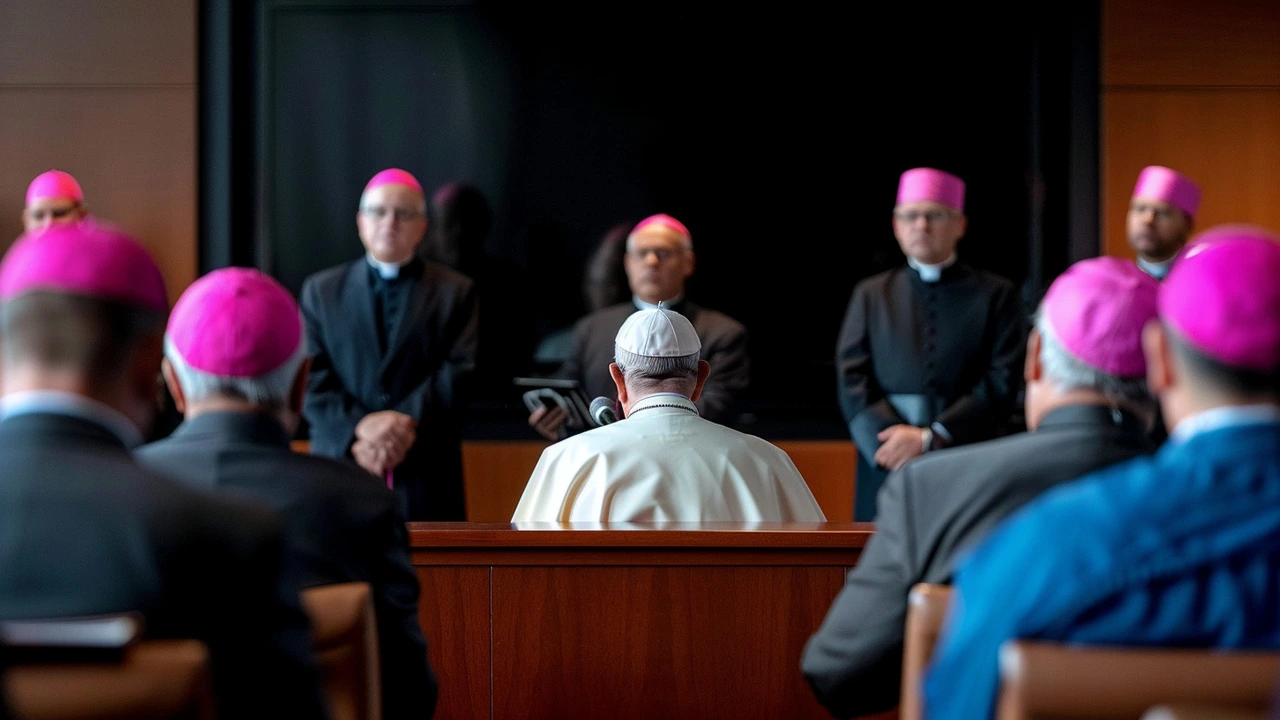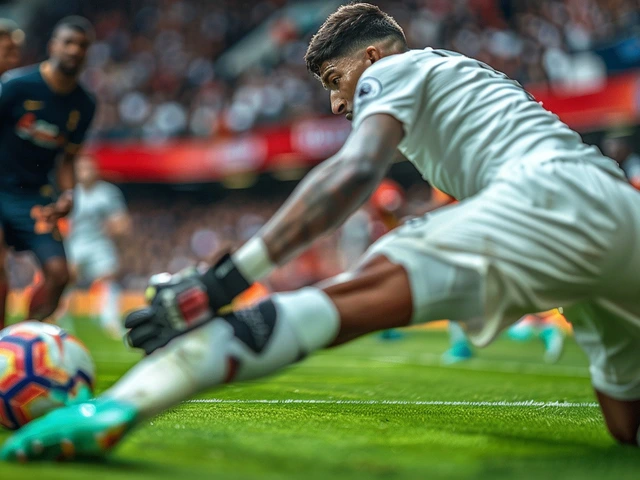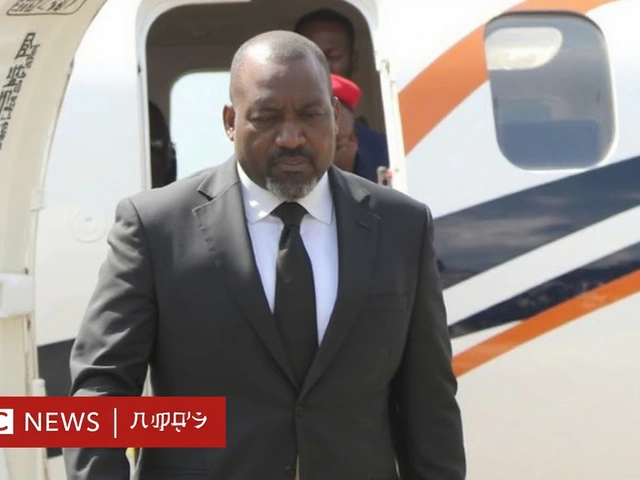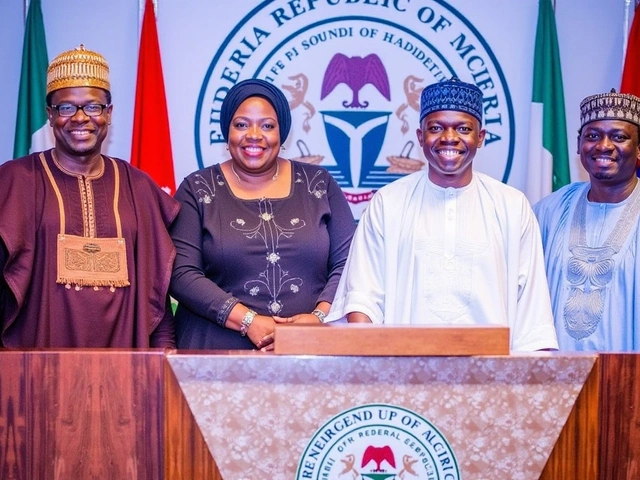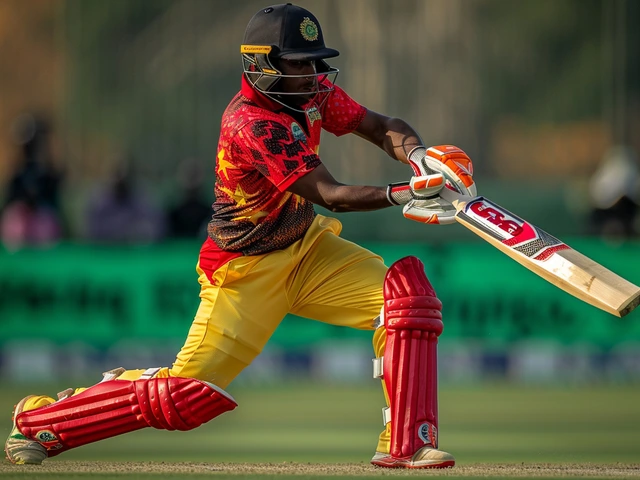Homophobic remarks: how to spot them and what to do
Homophobic remarks are words or actions that attack someone because of who they love or how they identify. You see them in casual talk, on social media, in politics, and sometimes even in news headlines. They hurt people, normalise discrimination, and can lead to real-world violence. Knowing how to recognise and respond is the fastest way to reduce harm.
First, spotting homophobic remarks is straightforward if you know what to look for. Slurs, jokes that reduce people to stereotypes, suggestions that LGBTQ+ people are "unnatural" or "immoral," and calls to exclude or punish them are all homophobic. Sometimes the language is subtle: talking about "protecting family values" to justify excluding queer people or suggesting someone is less capable because of their identity. Tone matters, but intent and impact matter more. If the comment makes someone feel unsafe or unwelcome, treat it seriously.
What victims can do right away
If you’re targeted, your safety comes first. Leave the situation if you feel at risk. If it’s online, screenshot the remark, note the date and time, and save any links. You can block the user and report the content to the platform — most social networks have hate speech policies. Look for local support: contact local LGBTQ+ groups, legal aid clinics, or human rights organisations. In many African countries, groups like ILGA Africa or national advocacy organisations can offer guidance and referrals.
What bystanders and friends can do
Don’t stay silent. Speaking up safely helps. If the situation allows, call out the remark calmly: name the harm and set a boundary. For example, say, “That comment is homophobic and hurtful. Don’t say things like that here.” If direct confrontation risks escalation, support the target afterwards — check in, offer to document the abuse, and help them report it. Online, use reporting tools and encourage others to do the same. Collective action makes platforms and authorities take incidents more seriously.
Journalists and editors have extra responsibility. Avoid repeating slurs in headlines or social posts. Context matters: report statements, but label them clearly as homophobic where appropriate and explain potential consequences. Protect sources who may face backlash and give space to LGBTQ+ voices when covering related stories. Balanced coverage means showing the human impact, not just quoting perpetrators without challenge.
Legal options vary by country. In some places hate speech is punishable; in others it is not. Report threats or violence to police and seek legal aid. Keep records: screenshots, witness names, and timestamps help build a case. If local law is weak, national human rights bodies or regional organisations may offer support.
Finally, prevention matters. Promote inclusive language at work, school, and online. Train staff and moderators to recognise homophobic remarks and act quickly. Encourage media outlets to adopt policies that protect vulnerable groups. Small actions add up: when people see homophobic speech challenged consistently, it becomes less acceptable.
Need more help? Start by documenting incidents and reaching out to a trusted local advocacy group. If you want, search our site for coverage tagged “homophobic remarks” to find related stories and resources across the continent.
Pope Francis issued an apology for any offense caused by his remarks during a private meeting with the Italian Bishops' Conference, addressing concerns over perceived homophobia. He reinforced his commitment to inclusivity, asserting that the Church welcomes everyone without discrimination.
Recent-posts
May, 11 2024

